
Paraguay aims to develop new e-waste regulations
The Government of Paraguay plans to draft national regulations on e-waste this year as part of a project sponsored by Saudi Arabia’s Communications, Space and Technology Commission.
The project is supporting the country as it develops an e-waste regulatory framework, moves toward a circular economy for electronics, and embraces the principle of extended producer responsibility for electrical and electronic devices.
The ITU Telecommunication Development Bureau (BDT) is implementing the project in cooperation with Paraguay’s Ministry of Environment and Sustainable Development (MADES) and its National Telecommunications Commission (CONATEL). The project began in December 2023 and will run until at least the end of 2025.
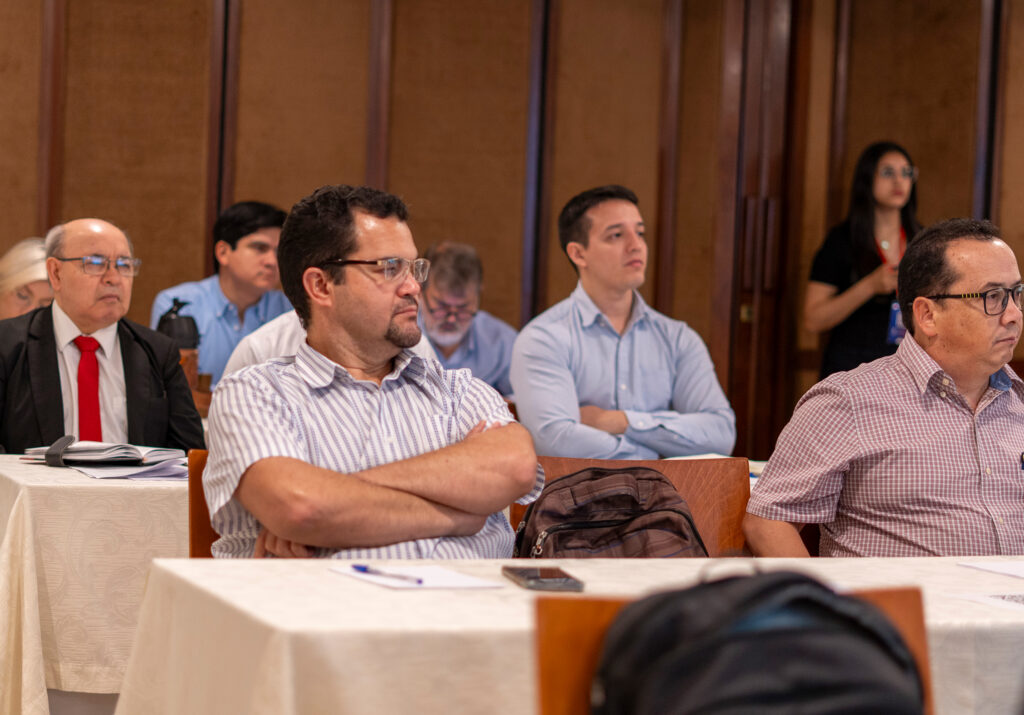
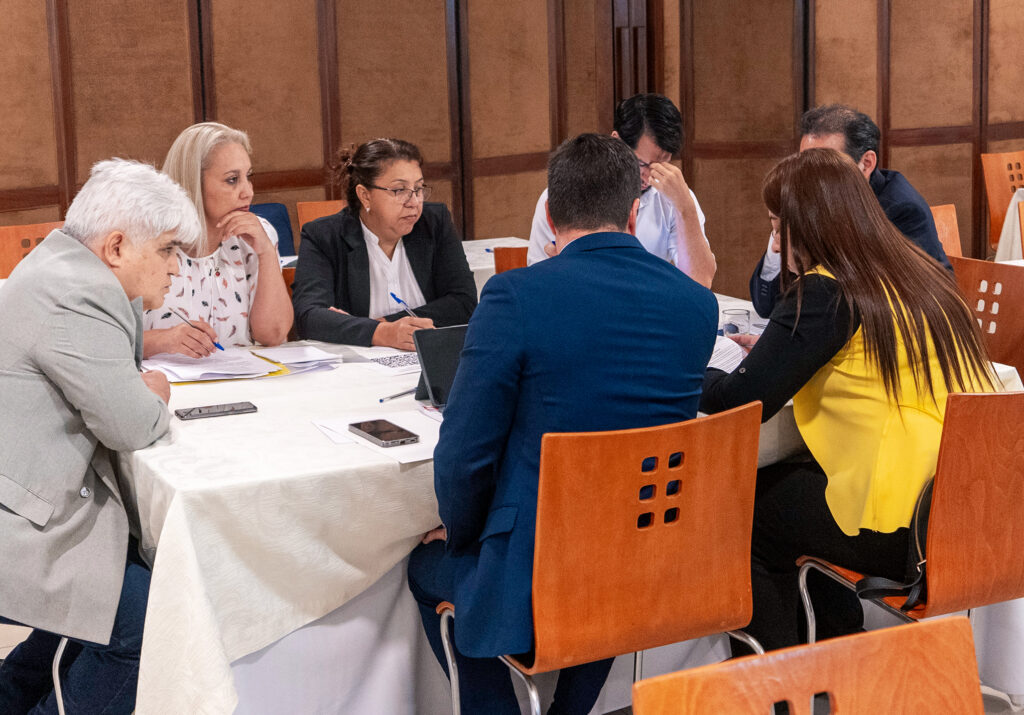
“We envision a positive future for our country, where we can create jobs and enhance environmental health through the proper disposal of waste, including electrical and electronic equipment,” MADES Director Gustavo Rodriguez said. “This will lead to a more robust and achievable environmental policy.”
In 2024, project activities included a series of consultations among a spectrum of interested parties to make sure that the regulatory framework under development will be fit for purpose; participants in the consultations included ITU, MADES, CONATEL, industry players, and many other public and private sector stakeholders.
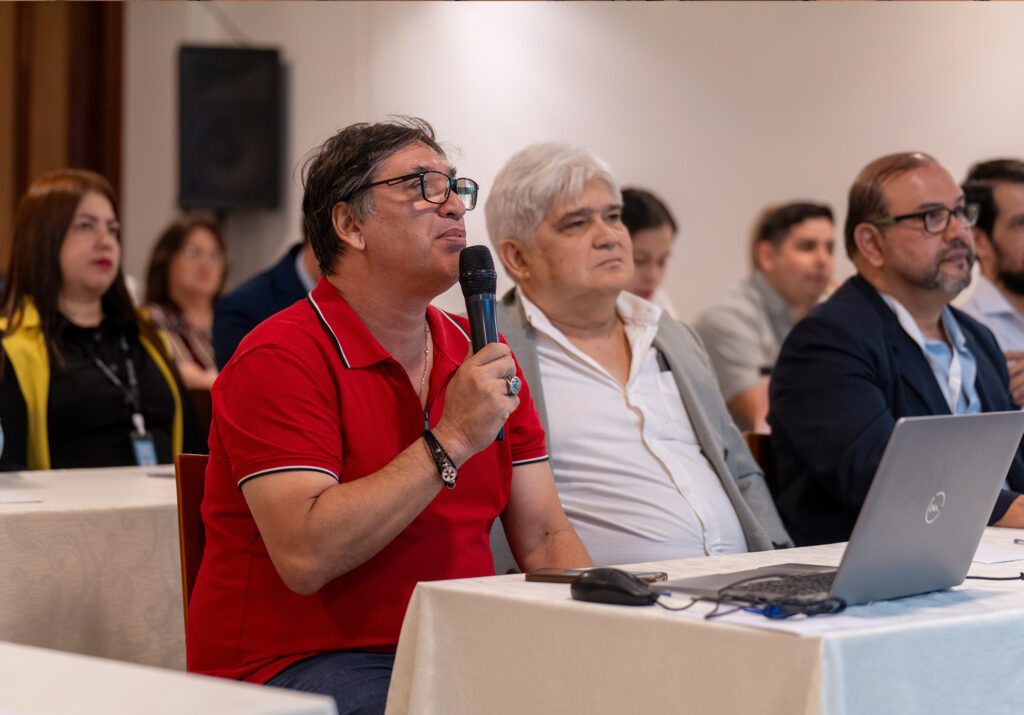
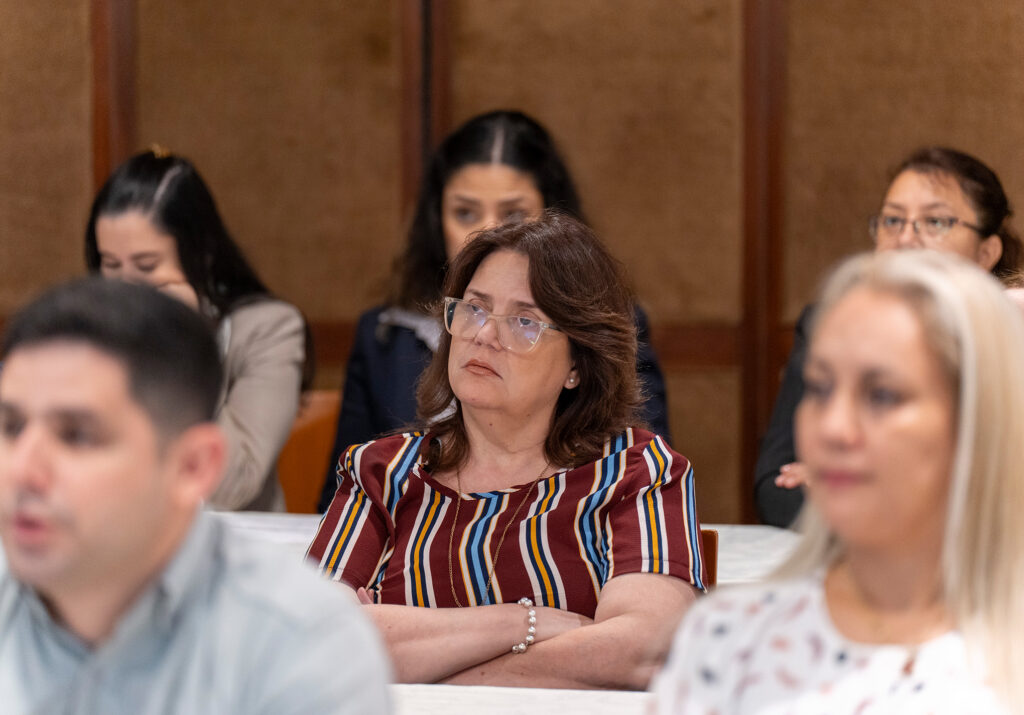
Paraguay’s government is also campaigning to raise awareness that regulation of e-waste will address environmental risks and help preserve rare earth elements that can be extracted from discarded devices and reintroduced into the economy.
In 2022, Paraguay generated 57 million tonnes of e-waste according to the Global E-waste Monitor 2024. The global average for e-waste generated in 2022 was 7.8kg per capital, compared to Paraguay’s 8.4kg per capita.
This project is part of an international collaboration by BDT and the Kingdom of Saudi Arabia focused on creating regulations that address the global e-waste crisis. It is also being implemented in Rwanda and Zambia.
This is an ITU Development #DigitalImpactUnlocked story
About the project
Project number: 9GLO23126
Project title: Developing and Implementing E-waste Policy and Regulation for a Circular Economy
Description: It is expected that with unprecedented industrialisation, urbanisation and connectivity, the volume of WEEE will continue to rise dramatically. With a rise in the wealth and disposable income of the global population, the diversity and complexity in the composition of the consumer waste stream is increasing. By contents, a large proportion of this equipment comprises ICTs.
Ensuring that a sound national policy basis is in place and that an understanding exists about WEEE management among all stakeholders, is a first but crucial step towards shifting to a circular economy. An efficient national WEEE management system will be underpinned by an extended producer responsibility (EPR) framework. In the absence of an EPR framework for the fair and economically viable management of WEEE, a circular electronics system in which we keep resources in use for as long as possible and extract maximum value from them whilst in use, will be unachievable. This is the current situation in most of the developing world and in economies in transition.
Visit the project page for more details.
Also read
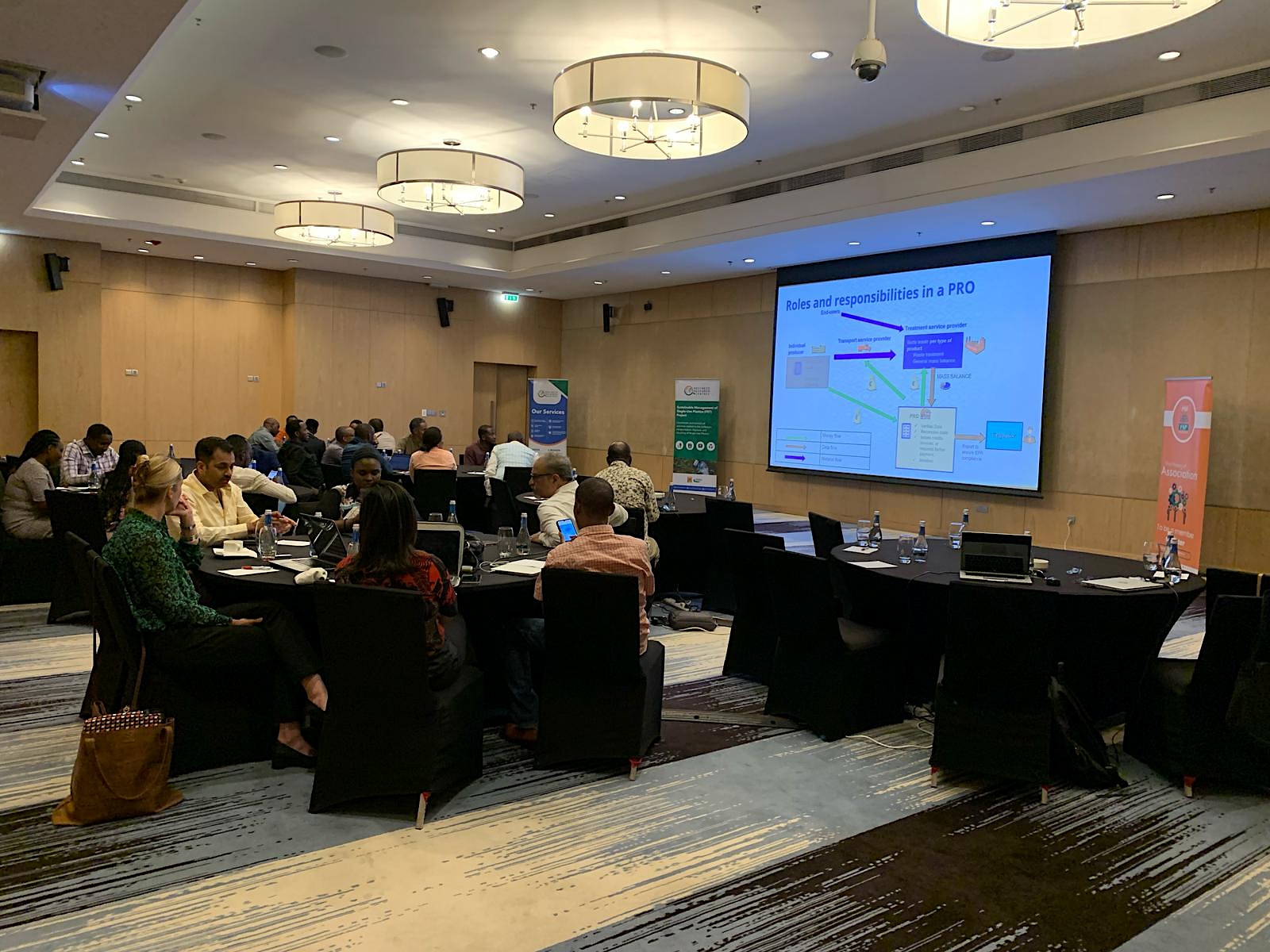
Actively engaging Rwanda’s private sector in e-waste management
Discover more

Advancing green digital transformation in the Philippines and Tanzania
Discover more

A new national e-waste policy in Malawi
Discover more
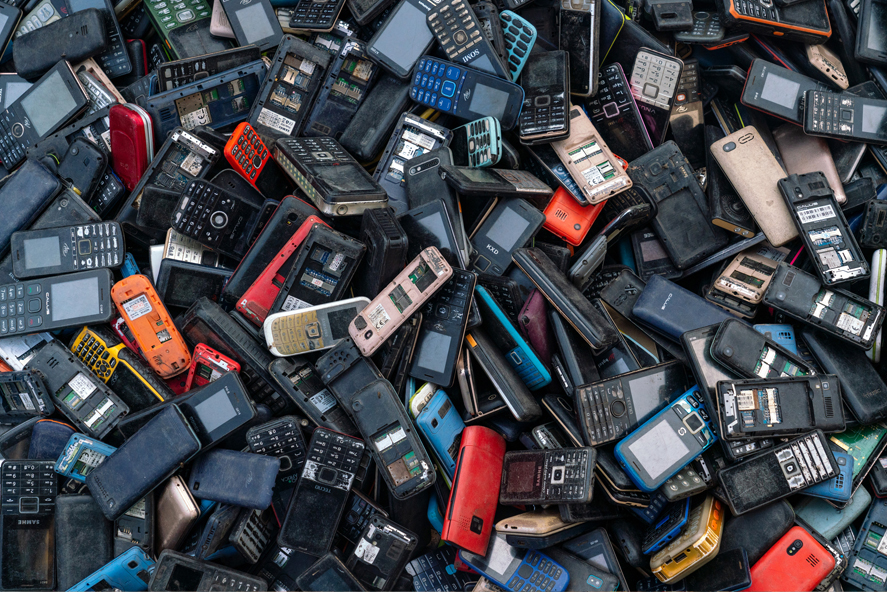
Improving Global E-waste Data
Discover more
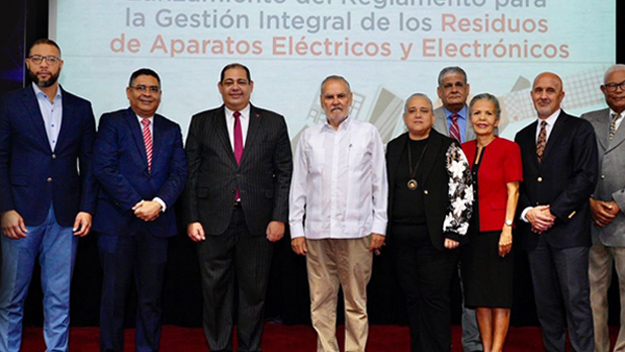
Launch of National Regulation for the Integrated Management of Waste Electrical and Electronic Equipment in Dominican Republic
Discover more